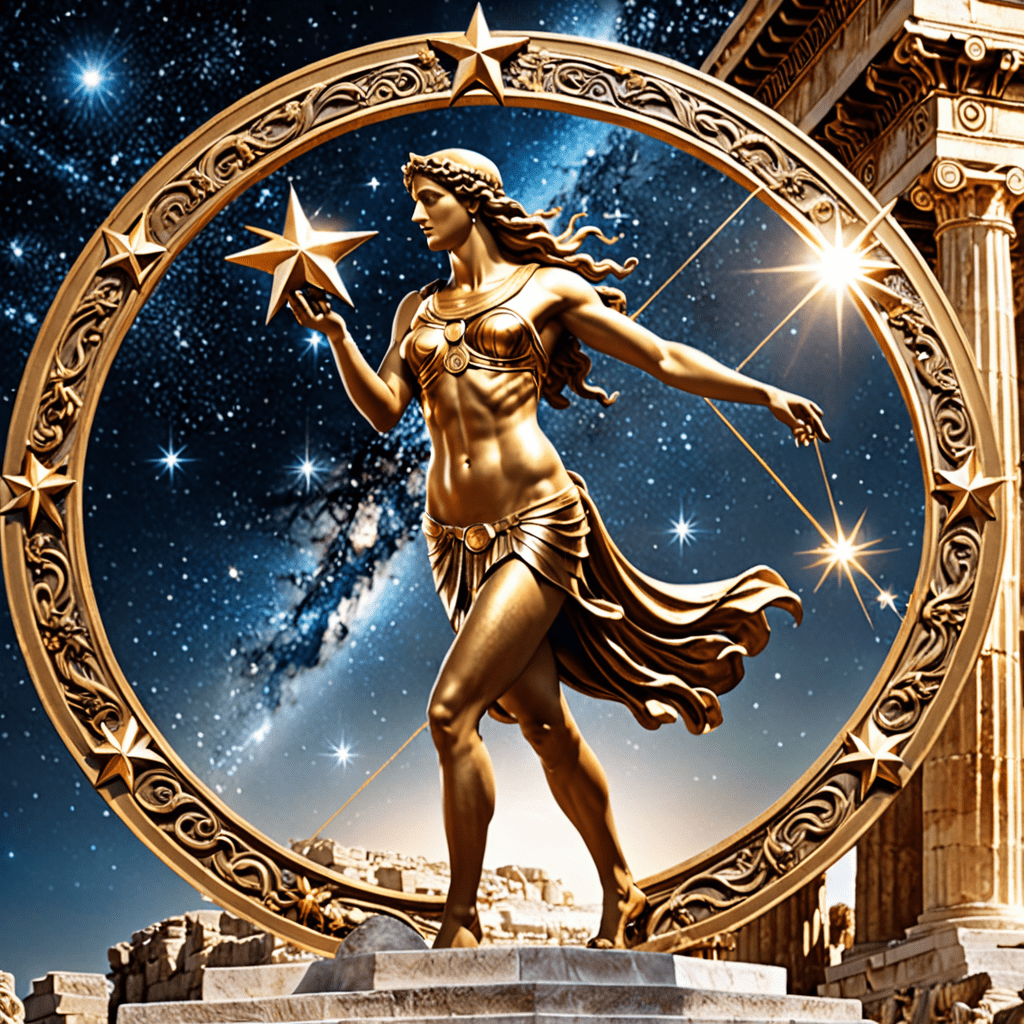The Symbolism of Stars in Greek Mythology
Introduction to Stars in Greek Mythology
In Greek mythology, stars play significant roles, not just as astronomical bodies but as symbols of various gods, goddesses, and heroes. The ancient Greeks associated different stars and constellations with powerful myths and legends, infusing the night sky with stories of divine beings and epic adventures.
The Starry Deities: Gods and Goddesses
Many deities in Greek mythology are connected to the stars. For example, the goddess of love and beauty, Aphrodite, is linked to the planet Venus, known as the morning or evening star. Apollo, the god of the sun, poetry, and music, is often associated with the sun itself, which is also a star in the celestial realm. These associations highlight the celestial significance and divine attributes attributed to these figures.
Heroes in the Night Sky: Constellations and Their Stories
Greek myths gave rise to the creation of constellations, with their stories immortalized in the stars. The legendary hero Perseus, known for slaying Medusa, is reflected in the constellation named after him. Orion, a great hunter in mythology, is another prominent constellation visible in the night sky. These star patterns serve as reminders of the heroic feats and enduring legacies of these mythical figures.
Symbolism of Stars in Greek Culture
Beyond mythology, stars held significance in Greek culture. They were often seen as symbols of truth, destiny, and guidance. Sailors, for instance, used stars for navigation at sea, relying on their constancy and brightness to lead the way. The timeless allure and symbolic value of stars in Greek mythology continue to captivate and inspire storytellers, scholars, and stargazers alike.
FAQs about The Symbolism of Stars in Greek Mythology
What do stars symbolize in Greek mythology?
Stars were often seen as symbols of guidance, fate, and divine powers in Greek mythology. They were believed to represent the spirits of gods, heroes, or other mythical beings watching over and influencing mortal lives.
Which Greek gods or goddesses are associated with stars?
In Greek mythology, deities like Zeus, the king of the gods, and his wife Hera, the queen of the gods, were often linked to the stars. Additionally, the goddess of the hunt, Artemis, and the god of the sun, Apollo, were also associated with celestial bodies in various myths.
How did ancient Greeks interpret shooting stars?
The ancient Greeks viewed shooting stars as significant omens or messages from the gods. These celestial events were believed to foretell important events, births, deaths, or even the outcomes of battles, leading to various rituals and interpretations based on their occurrences.



